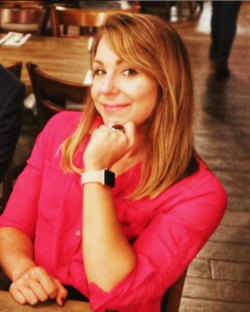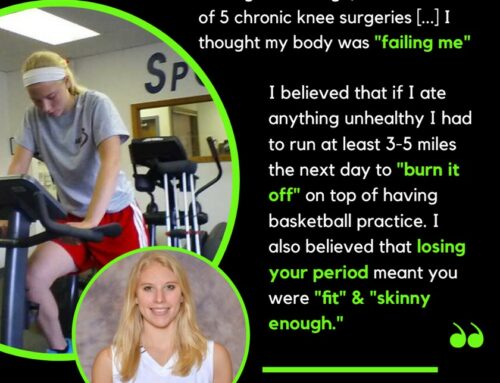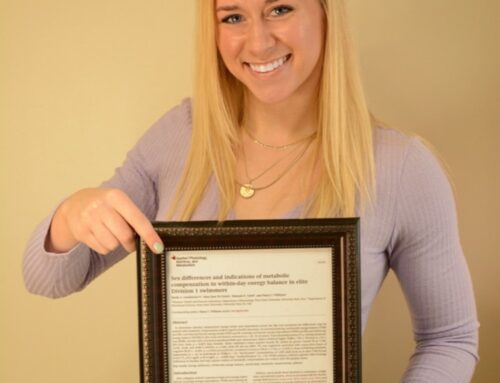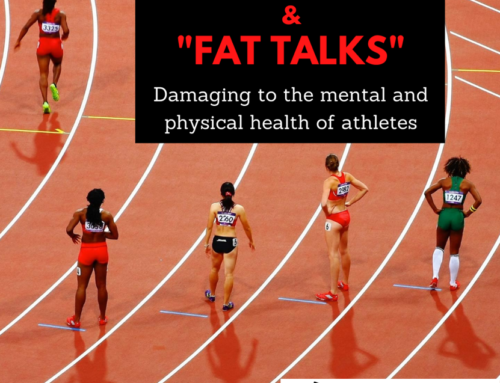Q: Please introduce yourself by sharing your name, where you are from, and where you have been throughout your educational journey (undergraduate location, graduate location, etc.).
A: My name is Madelin Siedler. I was born and raised in the Matanuska-Susitna Valley, just north of Anchorage, Alaska. I received a Bachelor of Arts in Political Studies from Bard College in 2012 and a Master of Arts in Health Communication from Emerson College in collaboration with Tufts University School of Medicine in 2014. After a few years in the workforce, I returned to school for a Master of Science in Exercise Science at the University of South Florida and I am now completing my PhD in Exercise Physiology at Texas Tech University.
Q: Please tell us about the program that you are currently in and what led you to it specifically.
A: The Exercise Physiology program at Texas Tech is incredible! It is a relatively new program, and I believe I will be in the fourth graduating class. I chose to go here for the chance to work in Dr. Grant Tinsley’s Energy Balance and Body Composition Laboratory. The caliber and reputation of this lab and work that we produce is very strong, and the lines of research were closely aligned with my interests. Once I got here, I was pleased to know that the program also prepares students to teach in the field. We even get several years of experience teaching full lecture courses, which I have heard is relatively rare for PhD programs.
Q: What sparked your interest in the area of female athlete research?
A: I was never very athletic as a child or teen, but I’ve always had an innate interest in reproductive health in women. During my undergraduate studies, I became a peer health educator and developed and led dorm programs and created written materials related to health education, and my biggest interest was in reproductive health. I realized how little most women know about their own health in this regard, and how many misconceptions persist, especially related to contraceptive use. Once I learned more about the Female Athlete Triad, I realized that pursuing this topic was a chance to combine two of my biggest passions – exercise and nutrition science and female reproductive health!
Q: What research, programs, or experiences have you taken part in surrounding female athlete health?
A: During my master’s at University of South Florida, I had the opportunity to design a study assessing the effectiveness of intermittent energy restriction (i.e., “diet breaks”) in active women. My mentor there, Dr. Bill Campbell, had already focused some of his work on active females, so this was my first chance to conduct research in this area. My biggest question was whether diet breaks could help attenuate changes in resting metabolic rate during a caloric deficit, which would then have potential implications for interventions to prevent symptoms of low energy availability.
Dr. Tinsley was aware of my interests in female athlete health going into the program, and when it came time to write my comprehensive exam (a 6,000-word literature review written in 28 days), he included topics related to energy balance and availability, resting metabolic rate (RMR), the menstrual cycle, and contraceptives. This really allowed me to dig deep into this area of research, learn as much as possible, and identify gaps where I could conduct future research, including my dissertation. Now, I am conducting that dissertation, specifically on the assessment of RMRratio in active women who are using combined oral contraceptives versus those who are not using hormonal contraception. So far, much research in this field has included only women not using contraception. However, recent surveys indicate that contraceptive use is common among collegiate female athletes, some of whom may be using contraception as a response to menstrual irregularity. Since many forms of hormonal contraception can mask low energy availability, I think it’s important that we find ways to assess energetic status in these women, such as RMRratio.
Q: If you could give a female athlete one piece of advice, what would it be?
A: My advice would be that all foods can be good foods if they promote a healthy energetic status! I think too many female athletes get concerned with only eating foods deemed healthful or “clean,” but especially for those with a high total daily energy expenditure, it can be difficult or near impossible to meet one’s energy needs with “clean” foods alone. Striking a balance between getting enough nutrients AND simply enough Calories at the end of the day is paramount.
Q: Please share one or two fun facts about yourself!
A: (1) I was a spelling bee kid growing up, and I got as far as second place in the state during my last year of competing. I like to tell people that though I was never athletic, I was at one point in my life just shy of being on ESPN. (2) My athletic journey came late in life – I first competed in bodybuilding at age 25, powerlifting at 31, and I am now a 33-year-old strongwoman with a few state records in Oklahoma!
Follow the links below to read Dr Siedler’s research!
- The Effects of Intermittent Diet Breaks during 25% Energy Restriction on Body Composition and Resting Metabolic Rate in Resistance-Trained Females: A Randomized Controlled Trial
- The Influence of Energy Balance and Availability on Resting Metabolic Rate: Implications for Assessment and Future Research Directions





